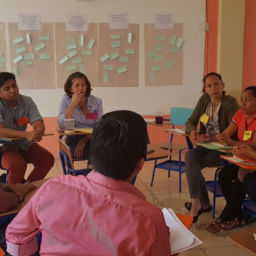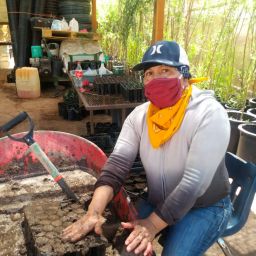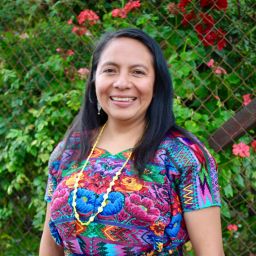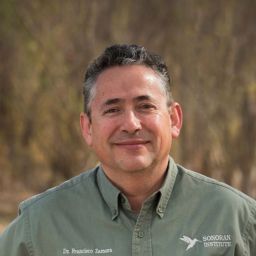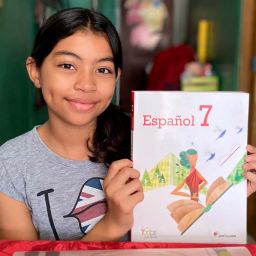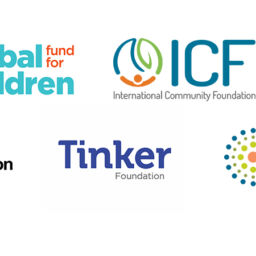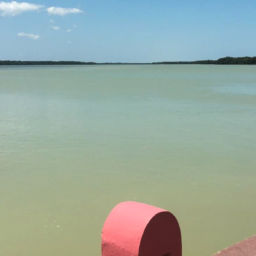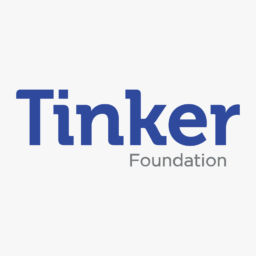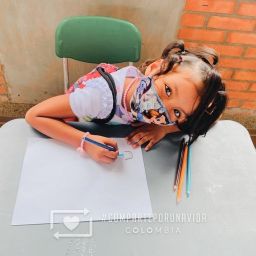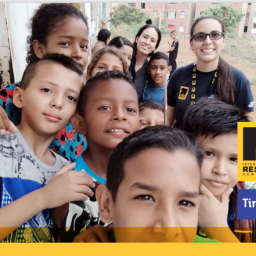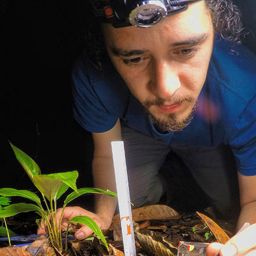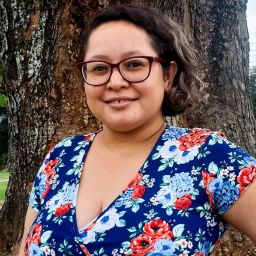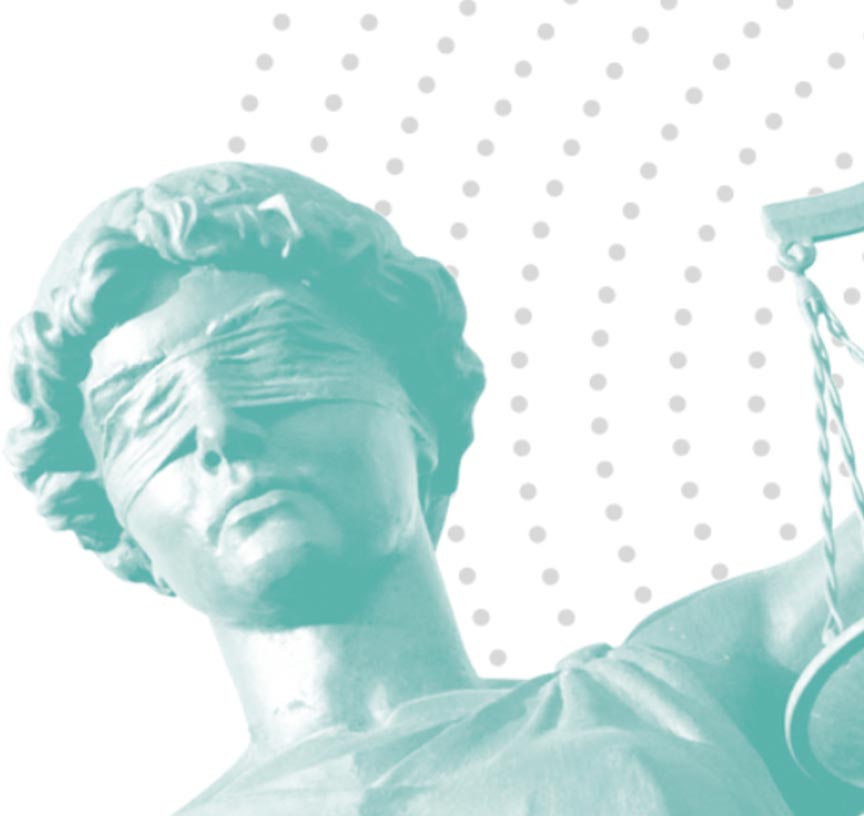
Espacio Público led a comparative, applied research project from 2018 to 2020, “The Role of Judicial Systems in the Fight against Corruption in Latin America,” examining “emblematic” corruption cases in four Latin American countries. The key objective was to identify and evaluate the organizational, legal, and procedural variables that facilitated or hindered the prosecution and criminal sanction of corruption. Espacio Público conducted research in Chile, while the Centro de Implementación de Políticas Públicas para la Equidad y el Crecimiento (CIPPEC) focused on Argentina, Transparência Internacional on Brasil, and the Asociación de Investigación y Estudios Sociales (ASIES) on Guatemala. The project website features country studies, comparative analysis, regional recommendations, and informational videos.
